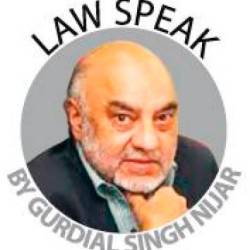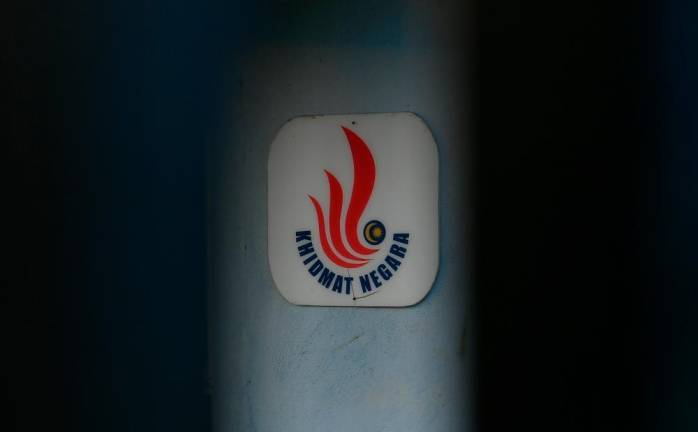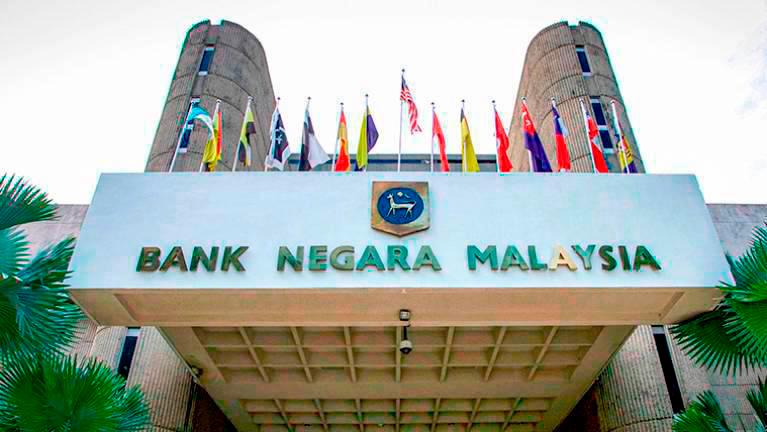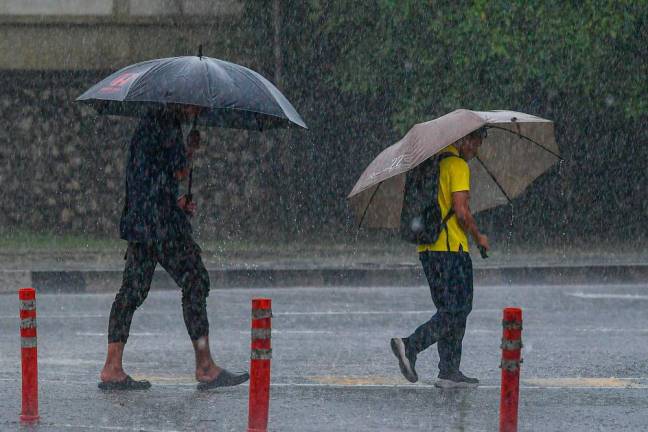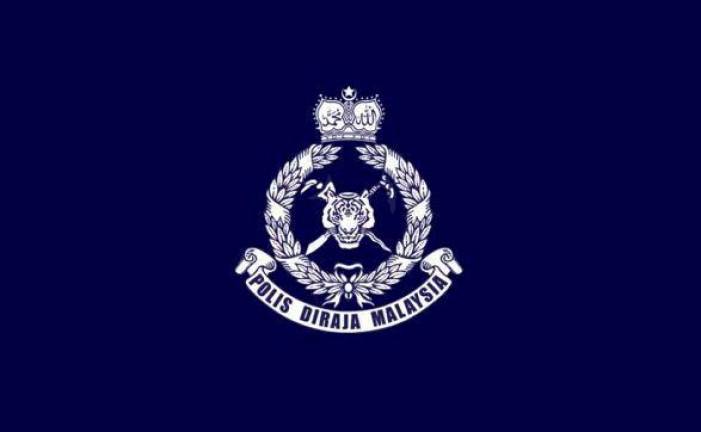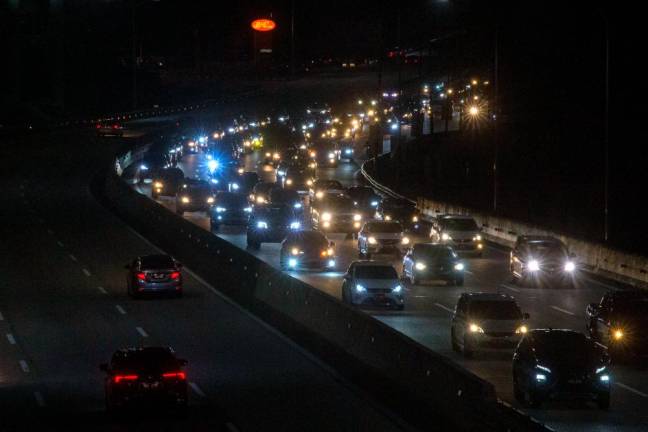LAST week people were shown being bundled off in police vans and later remanded in lockups. And subsequently, charged in court and facing fines and even imprisonment.
Even earlier, many were startled to see police leading an accused down a stairway. Shirt ruffled, hands behind his back, shackled. He will be tried soon, the narrative said.
These are not some high criminals. They are ordinary members of the public who were found outside their abodes during the movement control order period.
Charges can be laid under section 269 of the Penal Code for the offence of committing a negligent act likely to spread infection of any disease dangerous to life. The offence carries a six-month jail term and/or fine upon conviction. As well as under rule 3(1) of the Prevention and Control of Infectious Diseases (Measures within the Infected Local Areas) Regulations 2020, which carries a RM1,000 fine or six-month jail term.
The road to the courthouse is not an easy one as narrated by a “victim” in social media. She and her boyfriend were arrested at 7pm. She recounts: “After finishing the report at 1am, we were shackled and taken to IM’s lokap. I was surprised. All our things were confiscated ... Day after day ... I was still in lokap. Thinking about why no one came to bail me out and my family didn’t even come to see me! Then only did I realise that it was so serious!! Because during MCO, no family or outsiders can visit. ... Cannot be released on bail. I was detained on Friday night and officially released today! Today I went to court .. Thanks for being sentenced only to a fine! If I were in jail, I really couldn’t imagine what’s going to happen to my life!”
This is knuckle-duster treatment. I understand there is a chorus of opinion that wants an early end to the state we are in. And the politicians are responding to this clamour. And many may support such robust action.
But we must not lose sight of our values of humanism that informs our animated democracy. There is a growing risk of an abrupt inflection of our cherished human right values.
In short, coronavirus ought not to be the powder-keg or a cover to denigrate our sense of proportion in dealing with those who fail to obey the new social order – stay at home.
Generally, the police have acted sincerely and moderately. But they must guard against a besmirching of their role by any disconcerting acts of a few. In particular, there ought to be a public disavowal of such action
As I noted in an earlier article, the public is not used to the implementation of such drastic measures. Their implementation should be viewed as encouraging people to restrict their movements to the bare essentials. And will be a steep learning curve for the public to reorder their lifestyle to these new restrictions.
In short, the newly minted regulations should be implemented in a facilitative rather than a punitive way. Except perhaps for the exceptionally wilfully defiant recalcitrant.
The UN Human Rights Commission advises: “Covid-19 is a test of societies, of governments, of communities and of individuals. It is a time for solidarity and cooperation to tackle the virus, and to mitigate the effects, often unintended, of measures designed to halt the spread of Covid-19. Respect for human rights across the spectrum, including economic and social rights, and civil and political rights, will be fundamental to the success of the public health response.”
Ultimately our country must emerge from this pandemic episode with our human rights record unscathed.
Gurdial is president of the National Human Rights Society (Hakam). Comments: letters@thesundaily.com



